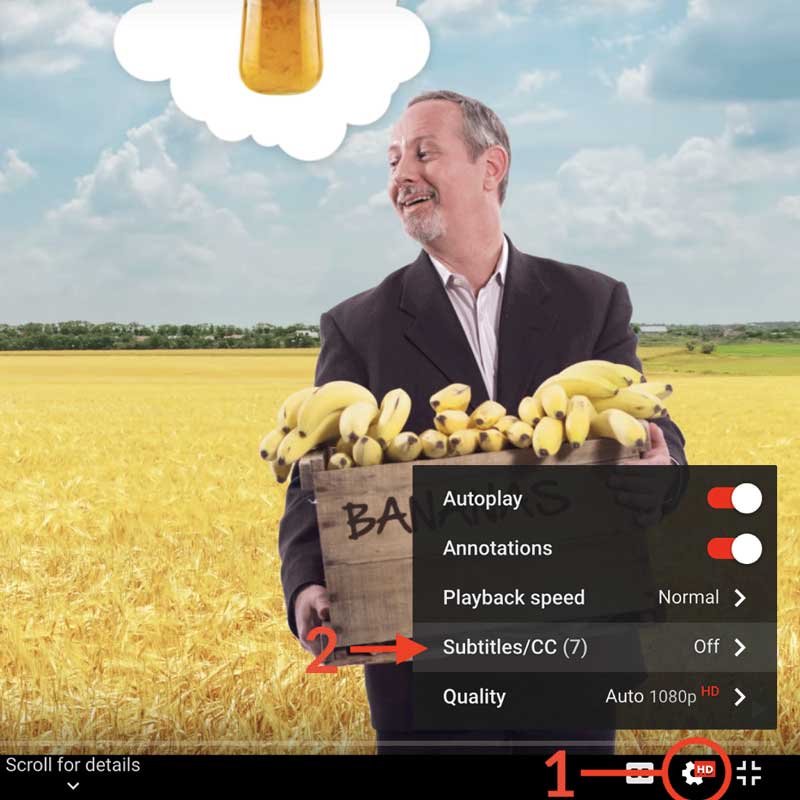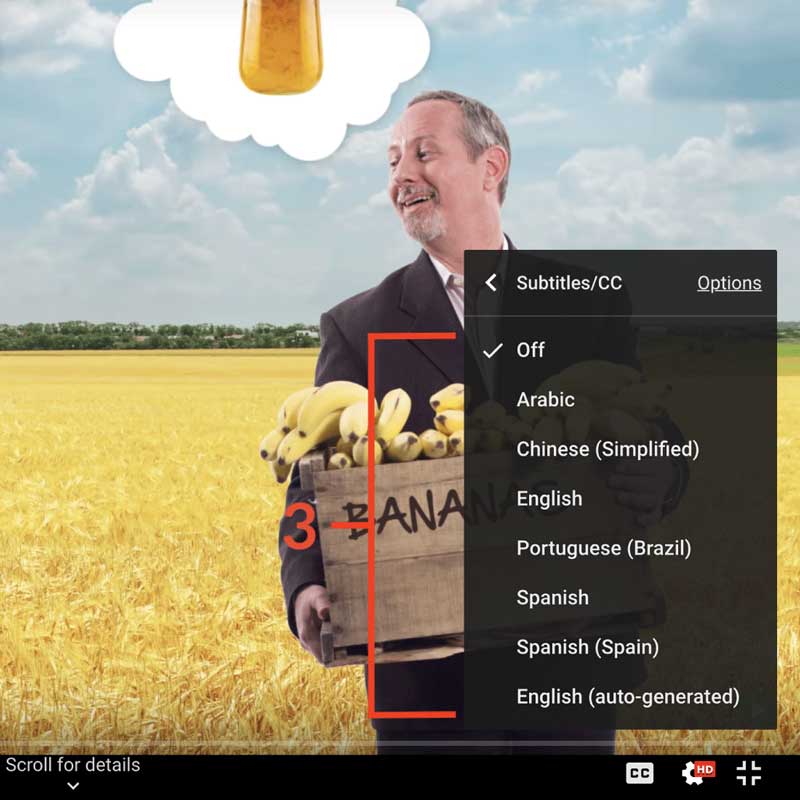Wikipedia: How to Motivate Expert Contributions?
Course Outline
Wikipedia: How to Motivate Expert Contributions?
What motivates experts to contribute to Wikipedia? Yan Chen, an economics professor at University of Michigan, ran a field experiment to find out.
Wikipedia is one of the most-visited sites in the world, and for good reason—it’s off-the-charts useful! That's remarkable considering it's created entirely by volunteers. But sometimes, Wikipedia articles can be incomplete or flat wrong because they lack the contributions of experts.
How can we solve this?
This video covers Yan Chen’s field study on what motivates experts to contribute to Wikipedia. Citations? Public acknowledgement? Just asking?
Teacher Resources
Transcript
It's good that we have an army of enthusiasts writing Wikipedia articles, but sometimes when it concerns a disease that I might have, I really want the experts' input.
Wikipedia is one of the most important references for the general public. It's actually one of the top five most visited websites in the world. Everyone reads Wikipedia articles, but sometimes you spot an error or you say, "Well, this is not really correct." But you move on and say, "Someone else might fix it." That's called the "free rider problem."
The success of Wikipedia has been really surprising for economists because it relies purely on volunteer labor. The medical profession has found that patients tend to bring printouts of Wikipedia articles to their doctor's office. Some of these articles are of low quality because they were not written by experts. We're trying to figure out what are some of the motivators to get experts to contribute to high quality content.
So we decided to do a field experiment to tease out the causalities, to figure out what motivates people to contribute to Wikipedia, whether it's social impact or private benefit or public acknowledgement, or a combination of these factors.
So in this study, in this field experiment, we contacted about 4,000 academic economists. We have a generic message which says Wikipedia is a very valuable public good, and yet lots of the articles are inaccurate or not up to date. Would you spend 10 to 15 minutes commenting on these Wikipedia articles? Then we vary the paragraphs depending on whether they're in the treatment or the control group.
In the control group, we don't mention that the articles might cite your research. And in the private benefit condition we say they might cite your research, and we have another condition which says, "We will publicly acknowledge your contributions."
Simply asking the expert, "Would you contribute?" you get a pretty high response rate, which is about 45% of the people say, "Yes, I'm willing." When we sent out the links, it turns out a third of the people actually contributed, and we look at what are the features that predict contributions.
It turns out that if the article is really well-matched to their research expertise, they're much more likely to contribute, and they're contributing higher quality content. So good matching is really important for volunteering. We also try to figure out are people more motivated by the private benefits, what they get out of the contributions. So we do that by telling the treatment group that we'll send you articles to comment on that might reference your research.
So it turns out that knowing that you might be cited increases the positive response rate by about 13%. We also find that the public acknowledgement, saying that we will post your contributions and acknowledge your contributions publicly, people are more likely to provide high quality content.
And public impact -- you know we vary the views of the Wikipedia articles that we sent. We either say on average, a Wikipedia will get 426 views. But we'll send articles which have at least 1,000 views to you. People are most motivated when the private benefit is combined with the social impact. The social impact by itself actually doesn't quite have the same effect.
I think if we replicate it in other fields we'll have more confidence that private benefits, such as citation benefits, would get people interested in contributing, and citation benefits in combination with social impact would have a larger effect. We need to push it to other fields as well to see if they're robust across different communities.
Subtitles
- English
- Spanish
- Chinese
Thanks to our awesome community of subtitle contributors, individual videos in this course might have additional languages. More info below on how to see which languages are available (and how to contribute more!).
How to turn on captions and select a language:
- Click the settings icon (⚙) at the bottom of the video screen.
- Click Subtitles/CC.
- Select a language.


Contribute Translations!
Join the team and help us provide world-class economics education to everyone, everywhere for free! You can also reach out to us at [email protected] for more info.
Submit subtitles
Accessibility
We aim to make our content accessible to users around the world with varying needs and circumstances.
Currently we provide:
- A website built to the W3C Web Accessibility standards
- Subtitles and transcripts for our most popular content
- Video files for download
Are we missing something? Please let us know at [email protected]
Creative Commons

This work is licensed under a Creative Commons Attribution-NoDerivatives 4.0 International License.
The third party material as seen in this video is subject to third party copyright and is used here pursuant
to the fair use doctrine as stipulated in Section 107 of the Copyright Act. We grant no rights and make no
warranties with regard to the third party material depicted in the video and your use of this video may
require additional clearances and licenses. We advise consulting with clearance counsel before relying
on the fair use doctrine.






